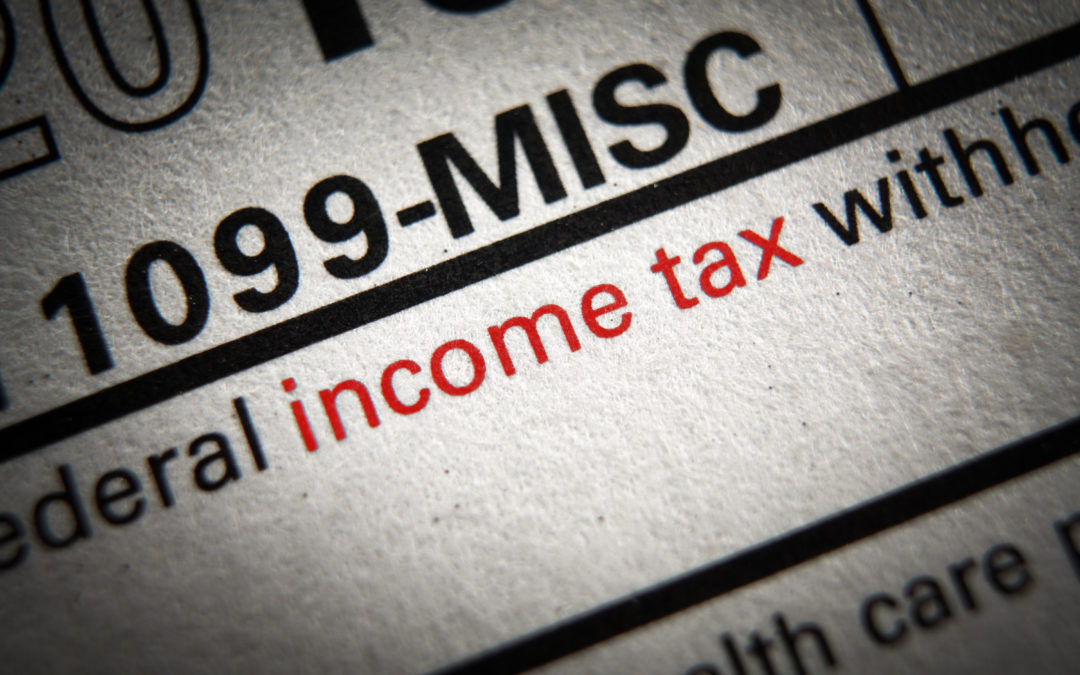In the past few years Gig economy jobs have been on the increase. But the pandemic…well, it just kicked that growth into overdrive. Gig work — Uber driving, Instacart shopping, Amazon Flex delivery, doing tech work from home and so on — it’s all on the rise.
So if you became a GIG worker during the pandemic (or if you always have been), the hard truth is: Your taxes became more complicated.
But Getting A 1099 Could Be Better Than Getting a W2
Okay…hang on there…breathe…and try not to shoot the messenger. We just said they were more complicated…not impossible…and in fact, being a GIG worker could actually be better than being an employee for tax purposes. Bettin’ you’ve probably never heard that before. Bettin’ you’ve probably never read a tax post with the word bettin’ in it either. But it’s true. As an independent contractor (that’s another name for a GIG worker) you can deduct expenses a W2 employee can’t. So if you keep track of all your expenses you could pay taxes on a much lower amount than if you were a W2 employee. in simple terms that means you could pay less taxes than if you had made the same amount of money as a W2 employee!
That’s Why Expenses Are Your Friend
Internet, phone service, transportation, health insurance, a home office — oh yes – all these and more are potentially deductible. As long as they are an “ordinary and necessary” part of running your business.
You also can deduct retirement plan contributions. While it’s too late to set up a solo 401(k) or a SIMPLE for 2020, you can still open and contribute to a SEP IRA until April 15 or October 15 if you file an extension.
Safety In Numbers
If your not familiar with the tax implications of being contract labor, well your not alone. About half of U.S. adults say they don’t have a good understanding of the tax implications of freelance or gig work, according to a recent NerdWallet survey.
Essentially regular workers get a form W2 at year end. GIG workers get a form 1099. While this might not seem like a huge difference, there are 2 very distinct differences:
- There are no taxes withheld from a 1099 like there are with a W2
- The IRS considers you a small business owner
It these differences that make filing taxes as an independent contractor both complicated and costly.
“I didn’t know I had to pay self-employment taxes.”
This is by far the number one statement we hear year after year. Clients new to being contract labor are surprised to find out there is an additional 15.3% tax they owe on top of their traditional federal and state taxes. Self employment tax is just another term for Social Security and Medicare, and it can add up to a hefty tax bill.
Fortunately, there is something you can do to reduce your tax liability and it’s as simple as changing your legal entity structure and tax status. For some reason most CPA’s won’t even mention or recommend this possibility to their clients. But setting up your small business to be taxed as an S-Corp could save you thousands of dollars in taxes. This is because the rules governing S-corps allow it owners to withdraw cash in the form of distributions that are not subject to self-employment tax. The owner will have to pay themselves what the IRS refers to as a “fair and reasonable” salary. Even so, the tax savings can still be substantial.
SMART Guide to Being an S-Corp
We ain’t trying to brag (well kinda) but we work with a lot of GIG workers and independent Contractors. And we’ve gotten really good at helping them reduce their tax liability. If you want to talk more about how we can help you, we’d love to talk. We believe we can help you save thousands on your taxes. Just give us a call at 706-227-9191 or schedule your appointment today
BOOK NOW


Cheers!